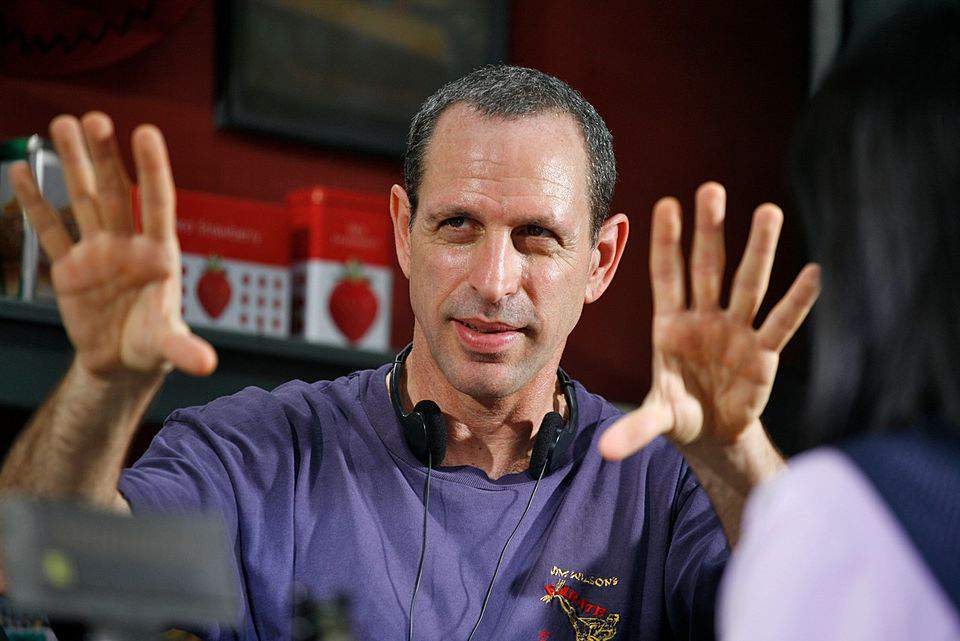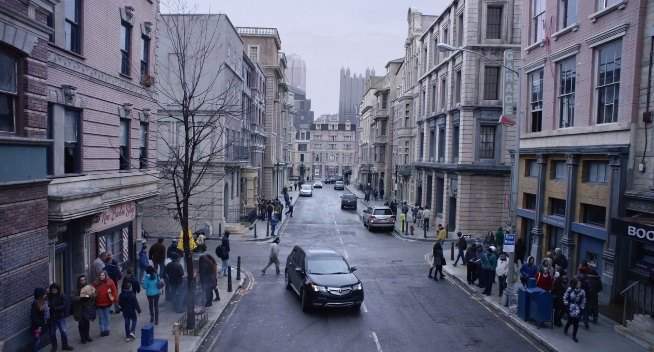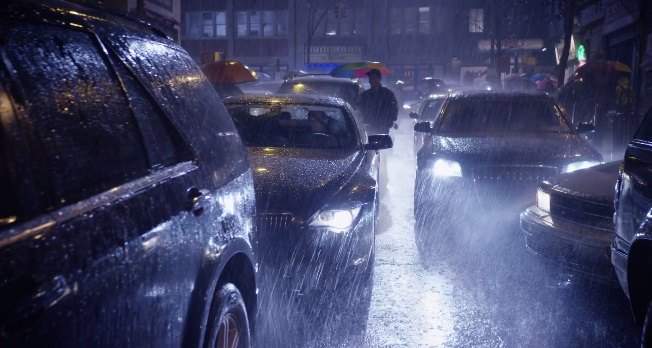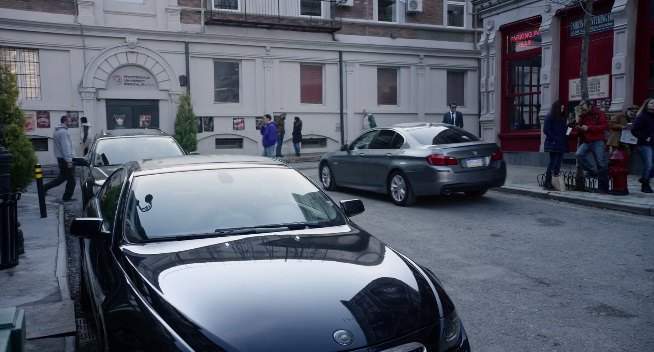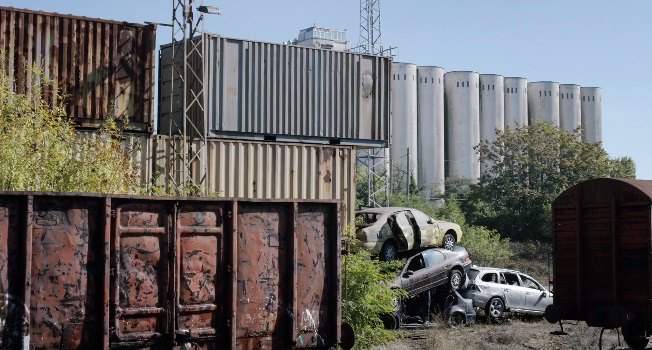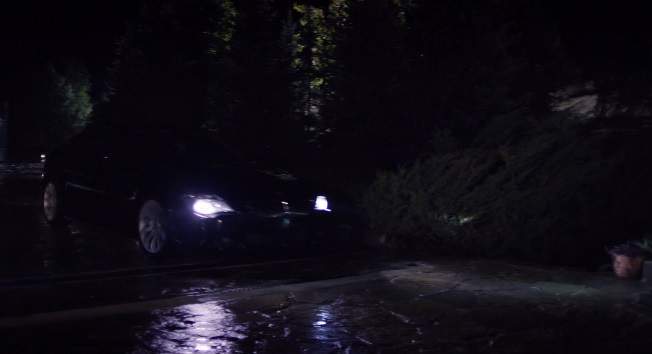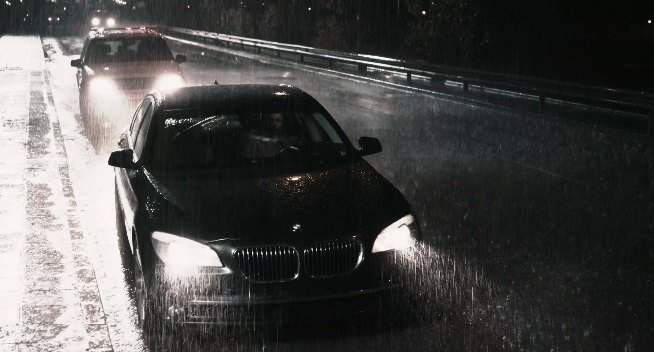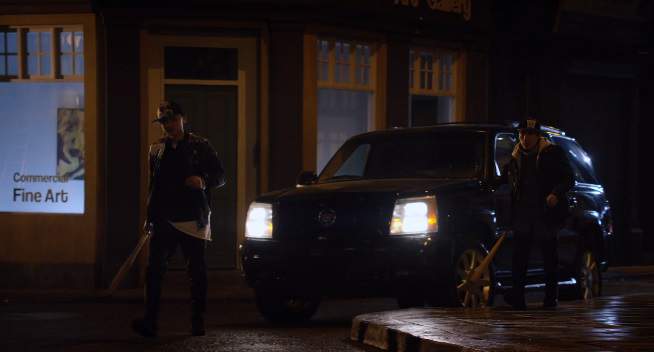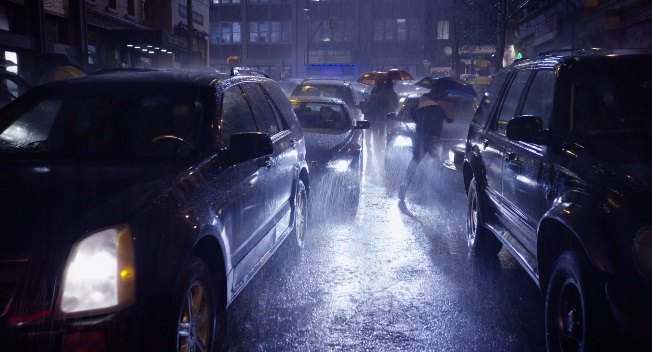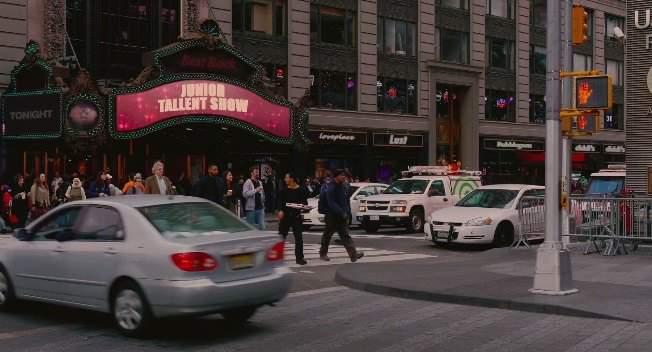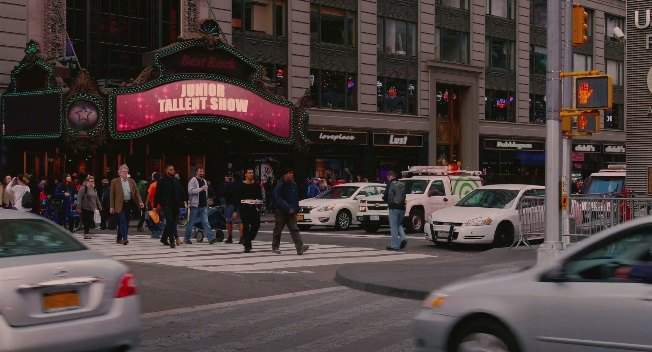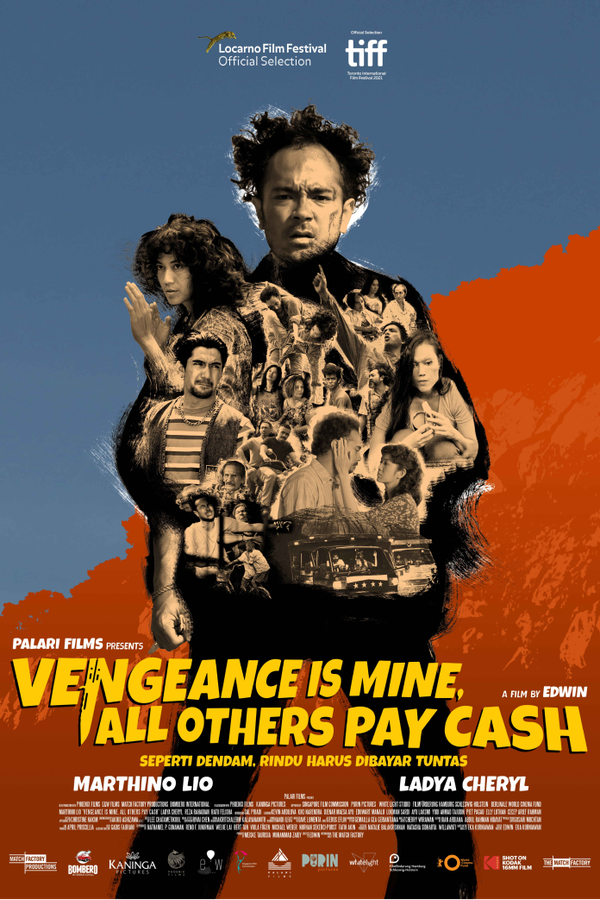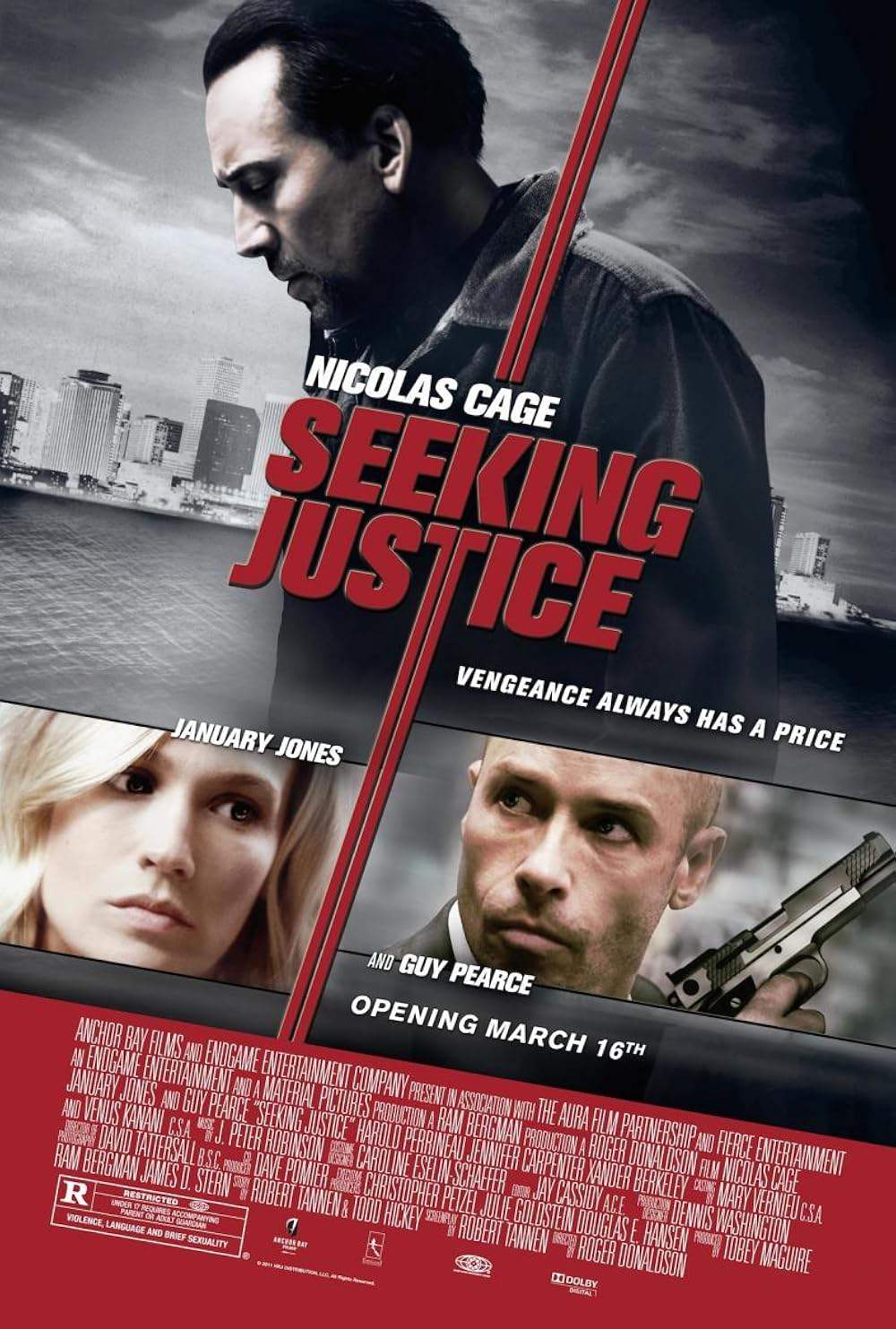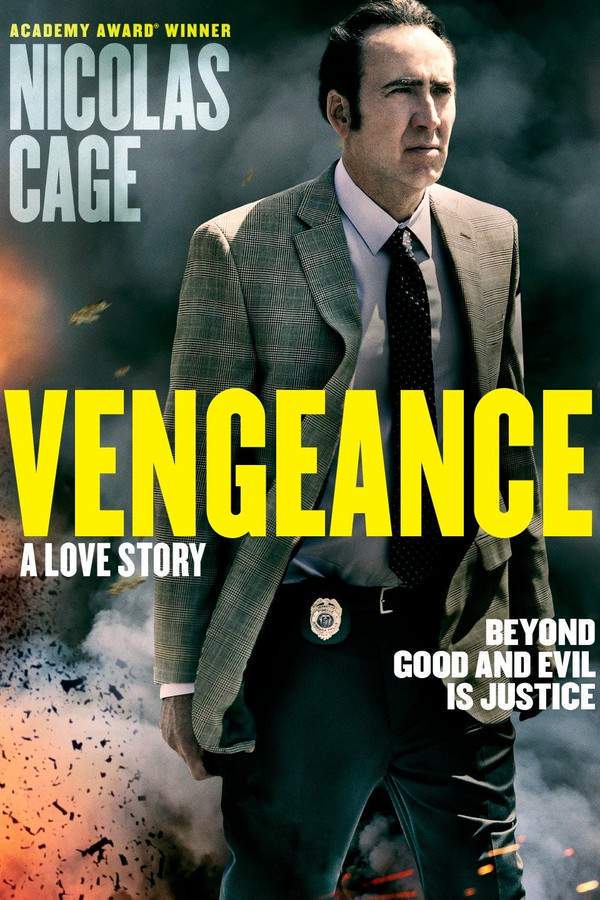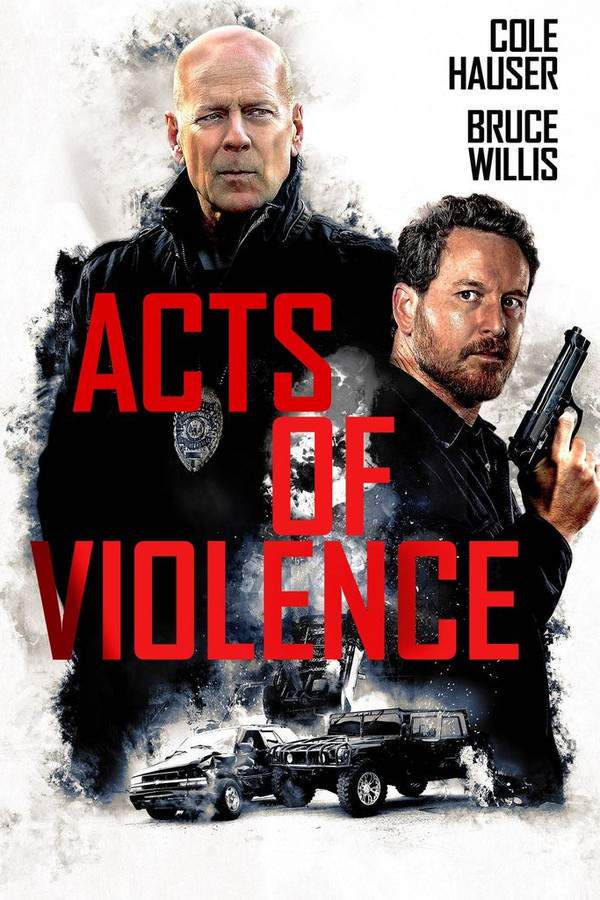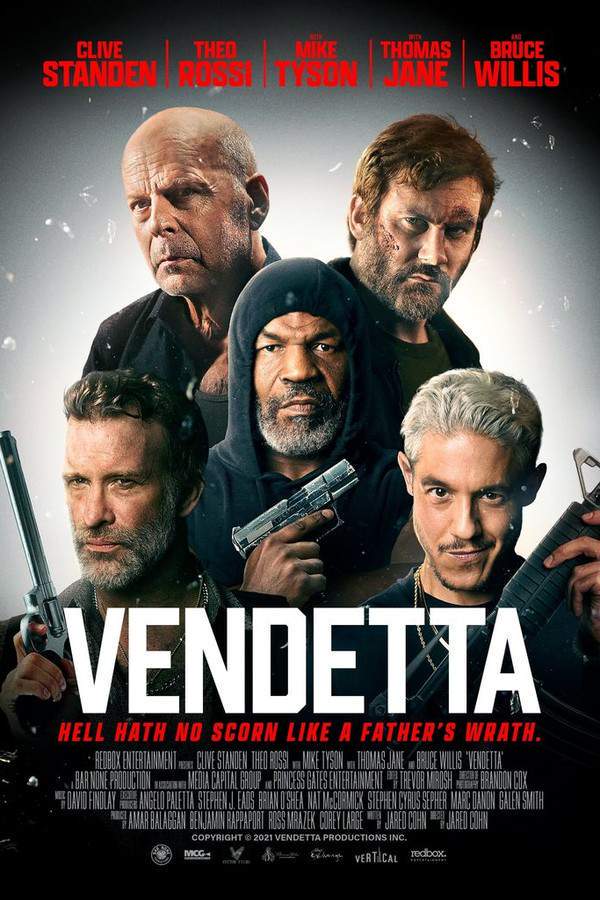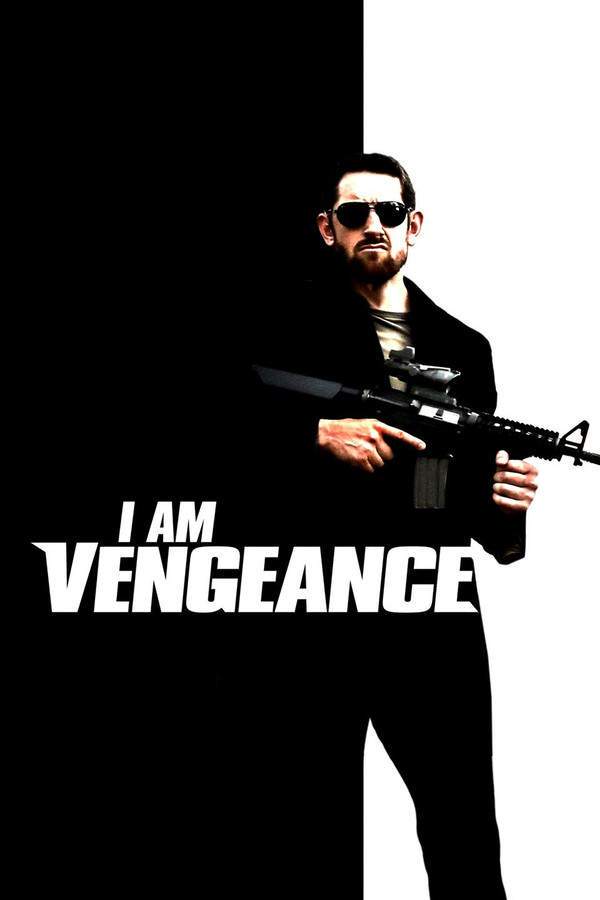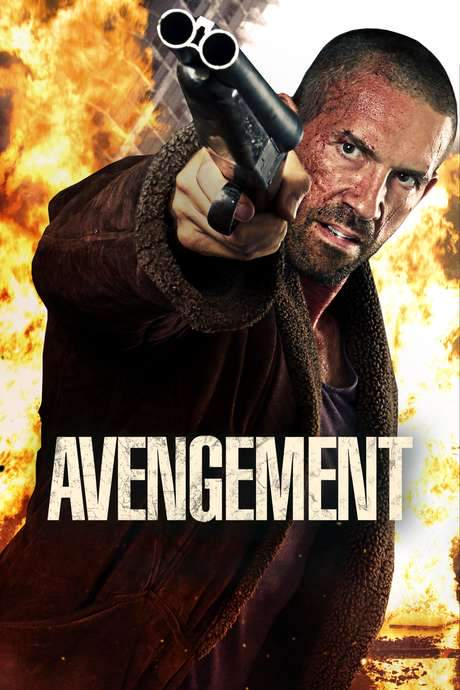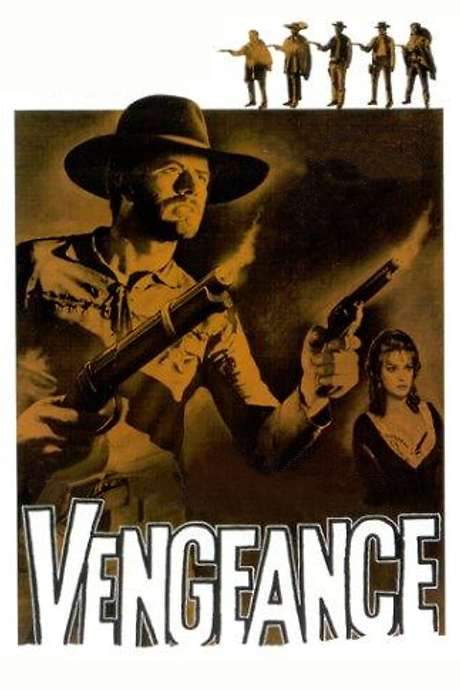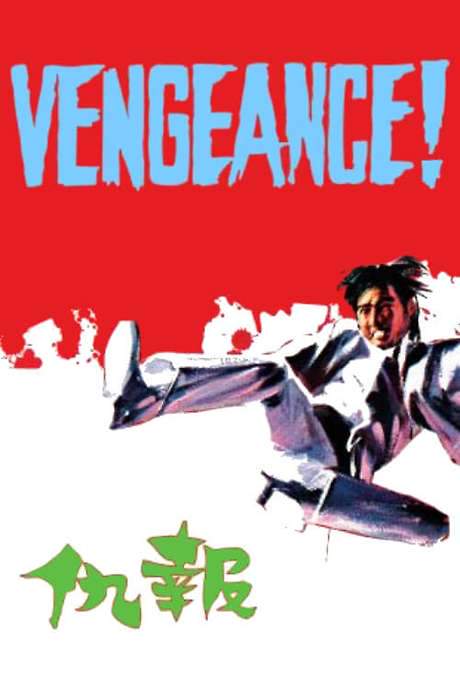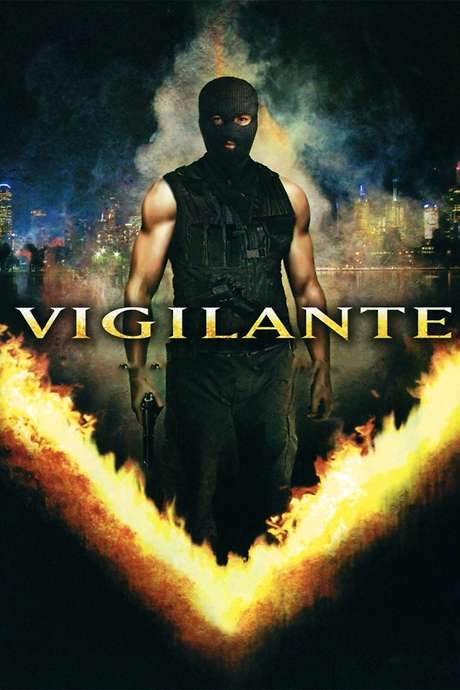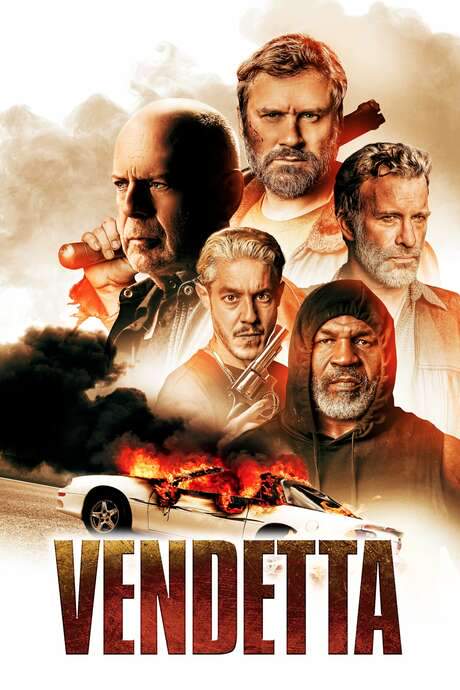Acts Of Vengeance 2017
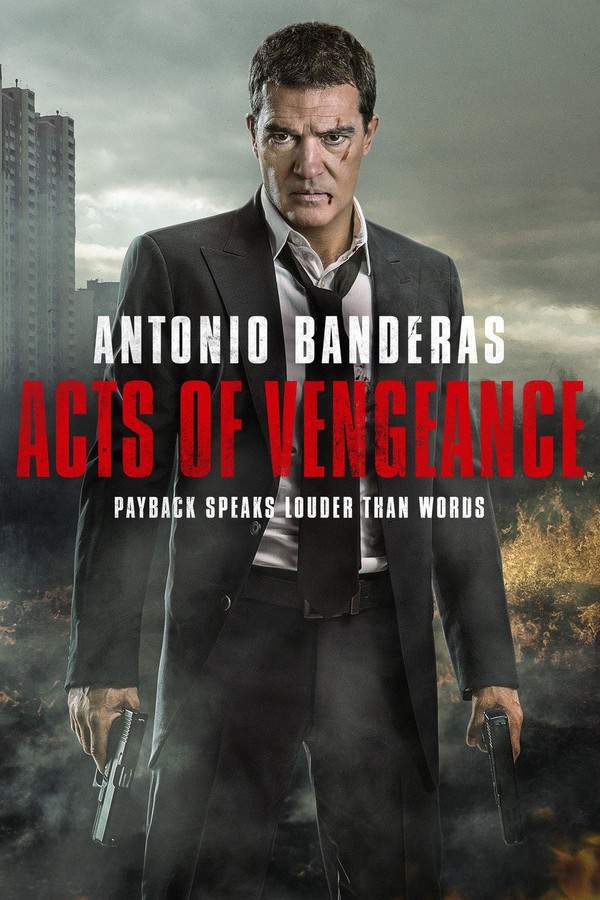
Driven by a devastating personal loss, a skilled lawyer abandons his courtroom tactics and embraces a brutal, silent pursuit of justice. He sets out to confront those responsible, fueled by an unwavering determination. As he delves deeper into his quest for retribution, he undergoes a profound transformation, pushing himself to extreme lengths to achieve his goal.
Does Acts Of Vengeance have end credit scenes?
No!
Acts Of Vengeance does not have end credit scenes. You can leave when the credits roll.
Meet the Full Cast and Actors of Acts Of Vengeance
Explore the complete cast of Acts Of Vengeance, including both lead and supporting actors. Learn who plays each character, discover their past roles and achievements, and find out what makes this ensemble cast stand out in the world of film and television.

Karl Urban
Strode

Antonio Banderas
Frank Valera

Robert Forster
Chuck

Atanas Srebrev
Senior Partner
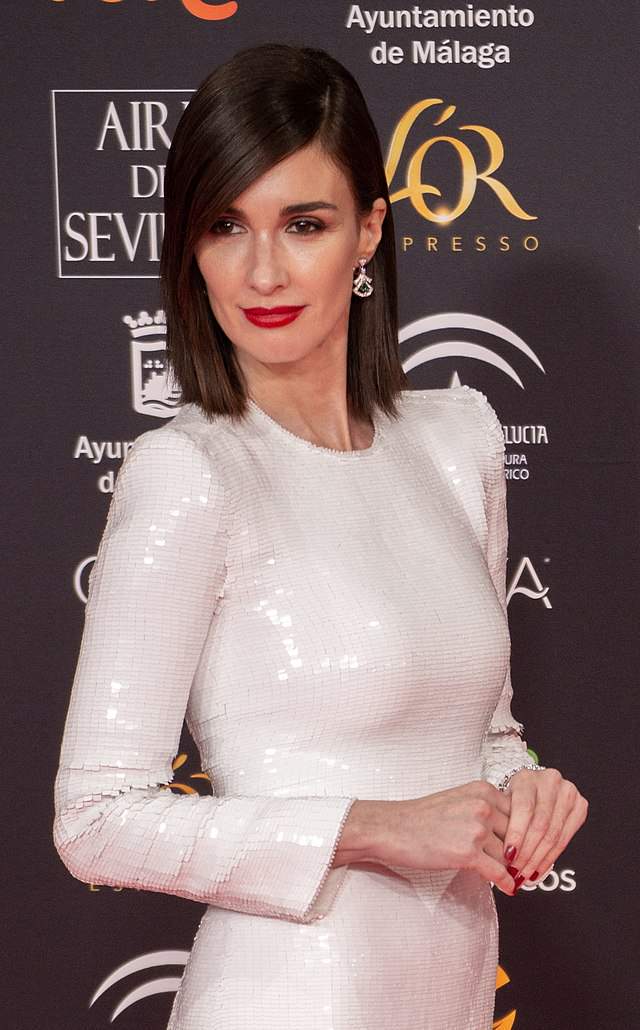
Paz Vega
Alma
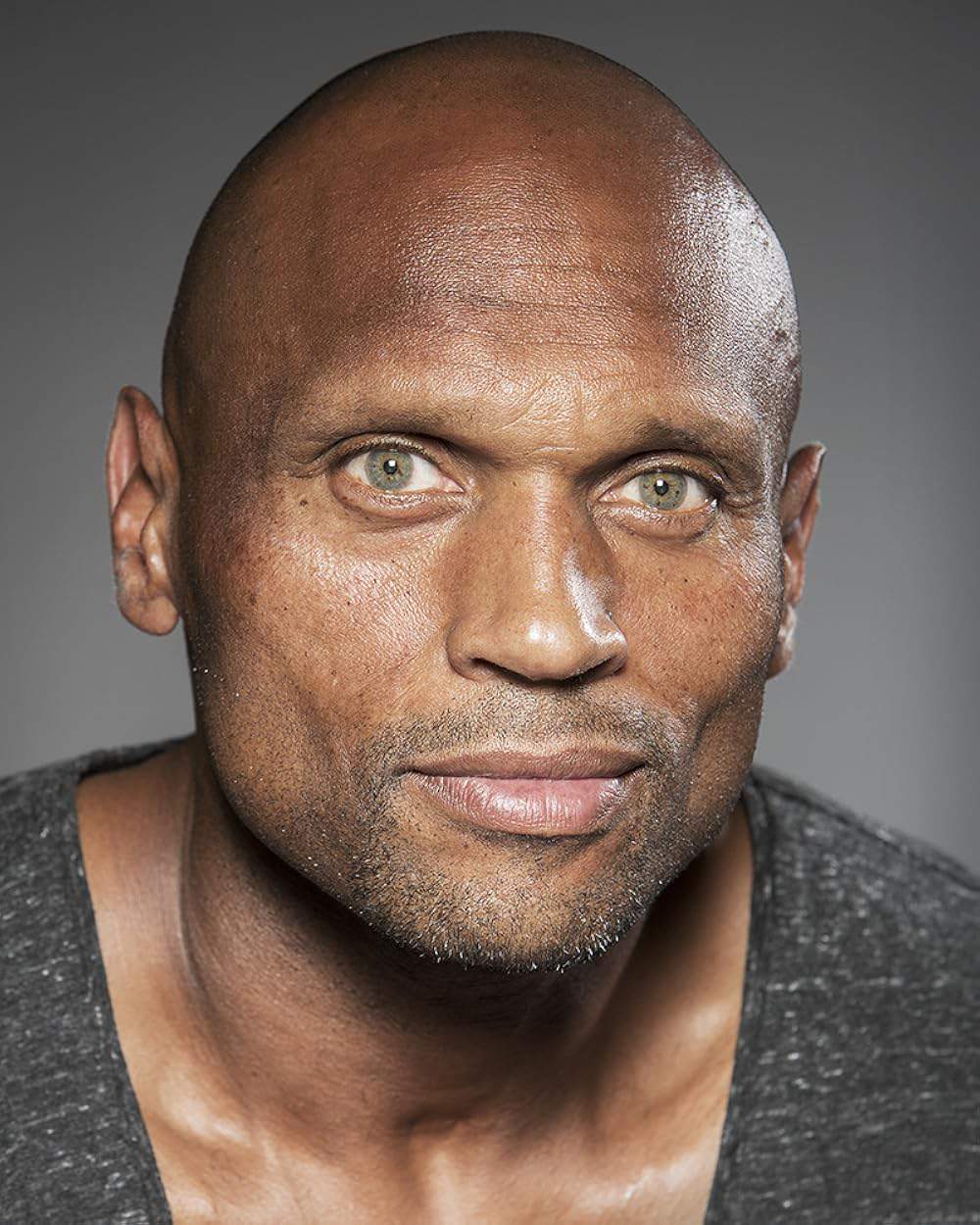
Mark Rhino Smith
Police Officer

David Sakurai
Hulking Man

Keith D. Evans

Owen Davis

Lillian Blankenship

Elizabeth Brace
Young Girl

Clint Dyer
Shivers

Cristina Serafini
Sue Valera

Eric Ali
Father

François Coetzer

Stacey Clickner
Stage Manager
External Links and Streaming Options
Discover where to watch Acts Of Vengeance online, including streaming platforms, rental options, and official sources. Compare reviews, ratings, and in-depth movie information across sites like IMDb, TMDb, Wikipedia or Rotten Tomatoes.
Ratings and Reviews for Acts Of Vengeance
See how Acts Of Vengeance is rated across major platforms like IMDb, Metacritic, and TMDb. Compare audience scores and critic reviews to understand where Acts Of Vengeance stands among top-rated movies in its genre.

The Movie Echo Score
Acts of Vengeance presents sturdy genre craftsmanship but fails to transcend its familiar framework. Across most reviews, the choreography and pacing earn consistent praise for their clarity and momentum, yet critics note that the narrative remains routine and the emotional stakes often feel underdeveloped. Performances are generally serviceable, led by Antonio Banderas’s committed turn, but supporting roles offer little depth. Overall, the film delivers efficient entertainment without leaving a lasting impression.
The Movie Echo Score Breakdown for Acts Of Vengeance

Art & Craft
In terms of art and craft, the film demonstrates efficient genre direction and tightly staged action sequences. Reviewers consistently mention crisp editing and unadorned visual framing that maintain momentum, while production design remains functional rather than distinctive. Although the technical execution is competent, the lack of stylistic flair prevents the film from achieving a more memorable visual identity.

Character & Emotion
When it comes to character and emotion, performances are grounded yet seldom transcendent. Antonio Banderas brings earnest conviction to his stoic lead, and cameo appearances add brief depth, but character development generally remains superficial. Emotional resonance is limited by underwritten supporting roles, resulting in a cast that supports the narrative without forging a strong empathetic connection.

Story & Flow
In terms of story and flow, the narrative follows a familiar revenge structure with measured pacing but few surprises. Several reviews cite a promising premise that ultimately yields to formulaic plotting, while the inclusion of philosophical epigraphs feels more decorative than integral. Although the film sustains momentum, its predictable arcs and limited originality hamper deeper engagement with the storyline.

Sensory Experience
When it comes to sensory experience, the choreography and sound design deliver consistent clarity and impact during action sequences. Reviewers highlight cleanly executed fights with audible weight and lean visual framing, though the soundtrack and overall visual style remain unremarkable. The balance of crisp audio cues and straightforward imagery supports the core action but lacks more immersive or experimental elements.

Rewatch Factor
In terms of rewatch factor, the film offers limited replay value due to its reliance on genre conventions and predictable beats. Multiple reviewers describe the viewing experience as serviceable yet quickly forgettable, with few standout moments that invite repeated viewings. While the efficient action sequences may entertain on a second pass, the overall familiarity of the plot diminishes lasting appeal.

49
Metascore
4.9
User Score


64%
TOMATOMETER

27%
User Score

5.7 /10
IMDb Rating

60
%
User Score

2.2
Take the Ultimate Acts Of Vengeance Movie Quiz
Challenge your knowledge of Acts Of Vengeance with this fun and interactive movie quiz. Test yourself on key plot points, iconic characters, hidden details, and memorable moments to see how well you really know the film.
Acts of Vengeance Quiz: Test your knowledge about the twists and turns in 'Acts of Vengeance' and the journey of Frank Valera.
What is Frank Valera's profession?
Lawyer
Detective
Judge
Cop
Show hint
Full Plot Summary and Ending Explained for Acts Of Vengeance
Read the complete plot summary of Acts Of Vengeance, including all major events, twists, and the full ending explained in detail. Explore key characters, themes, hidden meanings, and everything you need to understand the story from beginning to end.
A man walks into a café, his senses heightened as he scans the room for any unusual activity. In a sudden rush, he dashes toward the kitchen and secures the door behind him. The tension rises as he grapples with a cook who is indiscreetly coughing onto the food, momentarily halting the chaos. A voiceover inquires, >“Do I look crazy to you?”
As we rewind, we are introduced to Frank Valera, portrayed by Antonio Banderas, a brilliant attorney famous for securing “not guilty” verdicts for his clients. The narrative takes us into Frank’s life, where he interacts with his loving family: his wife, Sue (played by Cristina Serafini), and their young daughter, Olivia (depicted by Lillian Blankenship). They are preparing for Olivia’s talent show, and as the excitement builds, he lies to them about his location, saying he is on his way down from the law firm when in reality he is stuck at his desk. The moment weighs heavily on him, sparking a desire to change his priorities and support his daughter.
When Frank attempts to leave, he is interrupted by his boss, and time slips away from him. As rain pours and traffic stalls, Olivia lights up the stage without her father in sight. After finally arriving at the venue, panic sets in when he is unable to find his family. Anxiously, he returns home only to be met by a police car, a prelude to the devastating news—Frank’s world shatters as he learns of his wife and daughter’s tragic fate.
Desperate for answers, Frank confronts Police Chief Lustiger (Johnathon Schaech), who provides little assurance and dismissively reveals that the area is under the influence of the Russian Mafia, with scant leads to pursue. Frustrated by the lack of progress, Frank storms out, only to encounter Officer Strode, portrayed by Karl Urban, who offers a tentative gesture of support.
In the somber aftermath, we see Frank amidst his grief, marked by a dark montage of his journey through loss and anger. Platters of black umbrellas gather at the gravesite as he is met with cold reproach from his father-in-law, fueling his descent into heavy drinking and participation in underground fights, seeking a release. His transformation begins as he immerses himself into training, honing his skills in various martial arts, seeking both strength and silence.
After returning to the scene of the crime—now transformed into a place of determination—Frank is undeterred by threats from men in Russian territory. When he faces off against them, his latent fury surfaces. Following a brawl, he manages to understand more about his family’s murder from the survivor, Mr. Shivers (played by Clint Dyer), who watched the horror unfold. Frank’s investigation leads him to a suspicious encounter with a stray dog and the mysterious Alma (portrayed by Paz Vega), an ER nurse committed to helping those in need, who unknowingly becomes intertwined in his pursuit of the truth.
As he draws closer to the heart of his family’s tragedy, Frank’s resolve hardens when he discovers a connection between the case and Officer Strode. Following a trail of breadcrumbs, he infiltrates the officer’s life, slowly peeling back layers of deception and pain. The tension mounts as he feels betrayed and cornered, leading to a dangerous confrontation that forces him to grapple with his moral compass.
Ultimately, Frank’s journey is one of pain, conflict, and redemption, culminating in the unearthing of a police force buried under corruption and betrayal. With the conviction of Strode, portrayed as the embodiment of his past agony, Frank finds closure at his family’s graves, finally able to vocalize the love he has locked away, whispering a heartfelt “I love you” to their resting place.
Uncover the Details: Timeline, Characters, Themes, and Beyond!

Coming soon on iOS and Android
The Plot Explained Mobile App
From blockbusters to hidden gems — dive into movie stories anytime, anywhere. Save your favorites, discover plots faster, and never miss a twist again.
Sign up to be the first to know when we launch. Your email stays private — always.
Watch Trailers, Clips & Behind-the-Scenes for Acts Of Vengeance
Watch official trailers, exclusive clips, cast interviews, and behind-the-scenes footage from Acts Of Vengeance. Dive deeper into the making of the film, its standout moments, and key production insights.
Cars Featured in Acts Of Vengeance
Explore all cars featured in Acts Of Vengeance, including their makes, models, scenes they appear in, and their significance to the plot. A must-read for car enthusiasts and movie buffs alike.
Acts Of Vengeance Themes and Keywords
Discover the central themes, ideas, and keywords that define the movie’s story, tone, and message. Analyze the film’s deeper meanings, genre influences, and recurring concepts.

Unlock the World of Movies with Our Comprehensive Wiki
Dive into our Movie Wiki for in-depth film encyclopedia entries, including cast biographies, production trivia, plot synopses, behind-the-scenes facts, and thematic analyses. Whether you’re researching iconic directors, exploring genre histories, or discovering hidden easter eggs, our expertly curated movie database has everything you need to fuel your cinematic passion.

Similar Movies To Acts Of Vengeance You Should Know About
Browse a curated list of movies similar in genre, tone, characters, or story structure. Discover new titles like the one you're watching, perfect for fans of related plots, vibes, or cinematic styles.
Quick Links: Summary, Cast, Ratings, More

What's After the Movie?
Not sure whether to stay after the credits? Find out!
Explore Our Movie Platform
New Movie Releases (2026)
Famous Movie Actors
Top Film Production Studios
Movie Plot Summaries & Endings
Major Movie Awards & Winners
Best Concert Films & Music Documentaries
Movie Collections and Curated Lists
© 2026 What's After the Movie. All rights reserved.



